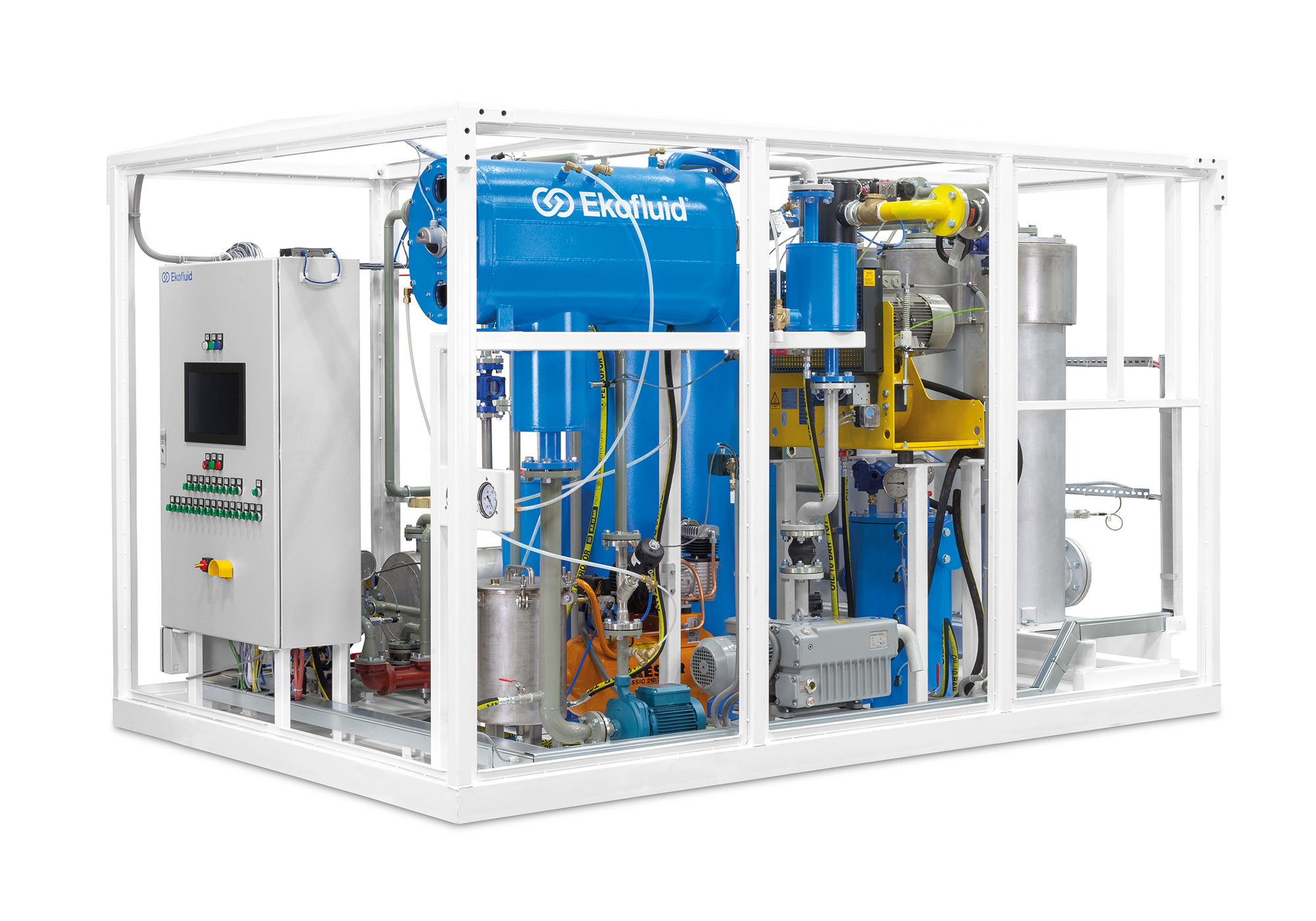Key Steps in the Regenerated Transformer Oil Treatment Process
Why Regenerated Transformer Oil Is Crucial for Reliable Power Systems
The critical role of regenerated transformer oil in ensuring the integrity of power systems can not be overstated. By recovering the oil's fundamental chemical and physical residential properties, the regeneration process dramatically enhances its dielectric strength and thermal performance.
Significance of Transformer Oil
Transformer oil plays an essential function in the efficient operation of electric transformers. This customized oil offers multiple features, largely as an insulator and coolant, making certain the trusted and secure efficiency of transformer systems. Its dielectric buildings protect against electric discharges, therefore securing the integrity of transformer elements. By giving thermal conductivity, transformer oil dissipates warm created during electric operation, which is necessary for preserving ideal operating temperatures and lengthening the life-span of the tools.
Furthermore, transformer oil acts as a barrier versus wetness and air, which can result in oxidation and degradation of transformer products. The existence of impurities in the oil can substantially hinder its protecting buildings, leading to functional ineffectiveness and prospective tools failing. Regular monitoring and upkeep of transformer oil are as a result crucial to guaranteeing the proceeded effectiveness of transformers.
The high quality and make-up of transformer oil are vital, as they straight affect the dependability and efficiency of the electric systems in which they operate. Understanding the importance of transformer oil is essential for energies and industries reliant on robust power facilities, stressing the need for efficient monitoring and regrowth procedures to preserve oil stability with time.
Benefits of Regrowth Refine

Moreover, the regeneration process minimizes the destruction of oil, which can lead to boosted oxidation and acid development. This not just improves the dependability of the oil yet also reduces the danger of transformer failings because of insulation breakdown. The boosted high quality of regenerated oil allows transformers to run at optimal degrees, ultimately causing boosted power effectiveness and lowered functional prices.
Additionally, the regeneration procedure adds to keeping the total health of the power system. Transformers can run longer without the need for oil substitute, thus lessening downtime and upkeep efforts. In summary, the regeneration process offers substantial advantages by boosting the long life and efficiency of transformer oil, ensuring that power systems run dependably and efficiently over time.
Environmental Impact and Sustainability
The regrowth process of transformer oil considerably original site reduces ecological concerns related to oil disposal and waste monitoring. Standard disposal approaches for utilized transformer oil position substantial risks, consisting of soil contamination and water pollution. By regrowing oil, these dangers are noticeably minimized, as the process reuses existing sources as opposed to adding to lose accumulation.
Moreover, regenerated transformer oil can be reused in numerous applications, which advertises a circular economic situation. This not just minimizes the demand for virgin oil extraction-- a process that can be eco harmful-- but additionally preserves natural deposits. The regrowth process itself employs innovative filtering and purification strategies that get rid of dangerous contaminants, ensuring that the end product satisfies or surpasses industry criteria for performance and security.

Enhancing Transformer Efficiency
Significant enhancements in transformer efficiency can be achieved with making use of regenerated transformer oil. This oil, generated through innovative purification procedures, dramatically improves the electrical insulation homes of transformers. By eliminating pollutants and pollutants that commonly jeopardize efficiency, regenerated oil guarantees premium dielectric toughness, lowering the danger of electrical failures.
In addition, regenerated transformer oil shows enhanced thermal conductivity, which helps with reliable warmth dissipation. This particular is essential for preserving ideal operating temperature levels, consequently lengthening the life-span of transformers and minimizing the likelihood of overheating - Transformer Oil Regeneration Process. Enhanced thermal administration also contributes to the general dependability of power systems
Moreover, the chemical stability of regenerated Recommended Site oil prevents the formation of harsh acids and sludge, which can negatively affect transformer parts. By maintaining a cleaner inner setting, this oil decreases upkeep requirements and prolongs solution intervals.
Cost-Effectiveness and Performance
In regards to cost-effectiveness and effectiveness, regrowed transformer oil presents a compelling choice to traditional oils. The regrowth process not only removes contaminants yet additionally brings back the oil's initial homes, extending its practical lifespan. This long life converts right into decreased regularity of oil substitute, thereby decreasing operational expenses with time.
Additionally, visit the website the usage of restored oil can substantially reduce power losses connected with ineffective insulating fluids. Its superior dielectric residential properties guarantee ideal performance, boosting the dependability of power systems. As a result, organizations take advantage of lower upkeep expenses and decreased downtime, promoting a more effective functional setting.

Conclusion
To conclude, the regrowth of transformer oil plays a crucial function in making certain the integrity and efficiency of power systems. By bring back the important chemical and physical properties of the oil, this process improves dielectric toughness and thermal conductivity, eventually decreasing the threat of insulation break down. Additionally, the environmental advantages associated with reusing resources contribute to sustainability initiatives, while cost-effectiveness and boosted performance emphasize the requirement of making use of regenerated transformer oil in modern-day electrical facilities.
Transformer oil plays a critical role in the efficient operation of electric transformers. Normal monitoring and maintenance of transformer oil are as a result vital to ensuring the proceeded effectiveness of transformers.
The regeneration process of transformer oil dramatically alleviates ecological concerns linked with oil disposal and waste management. By prolonging the lifecycle of transformer oil, the power and sources generally consumed in producing new oil are substantially decreased.Considerable renovations in transformer efficiency can be attained with the use of regenerated transformer oil.